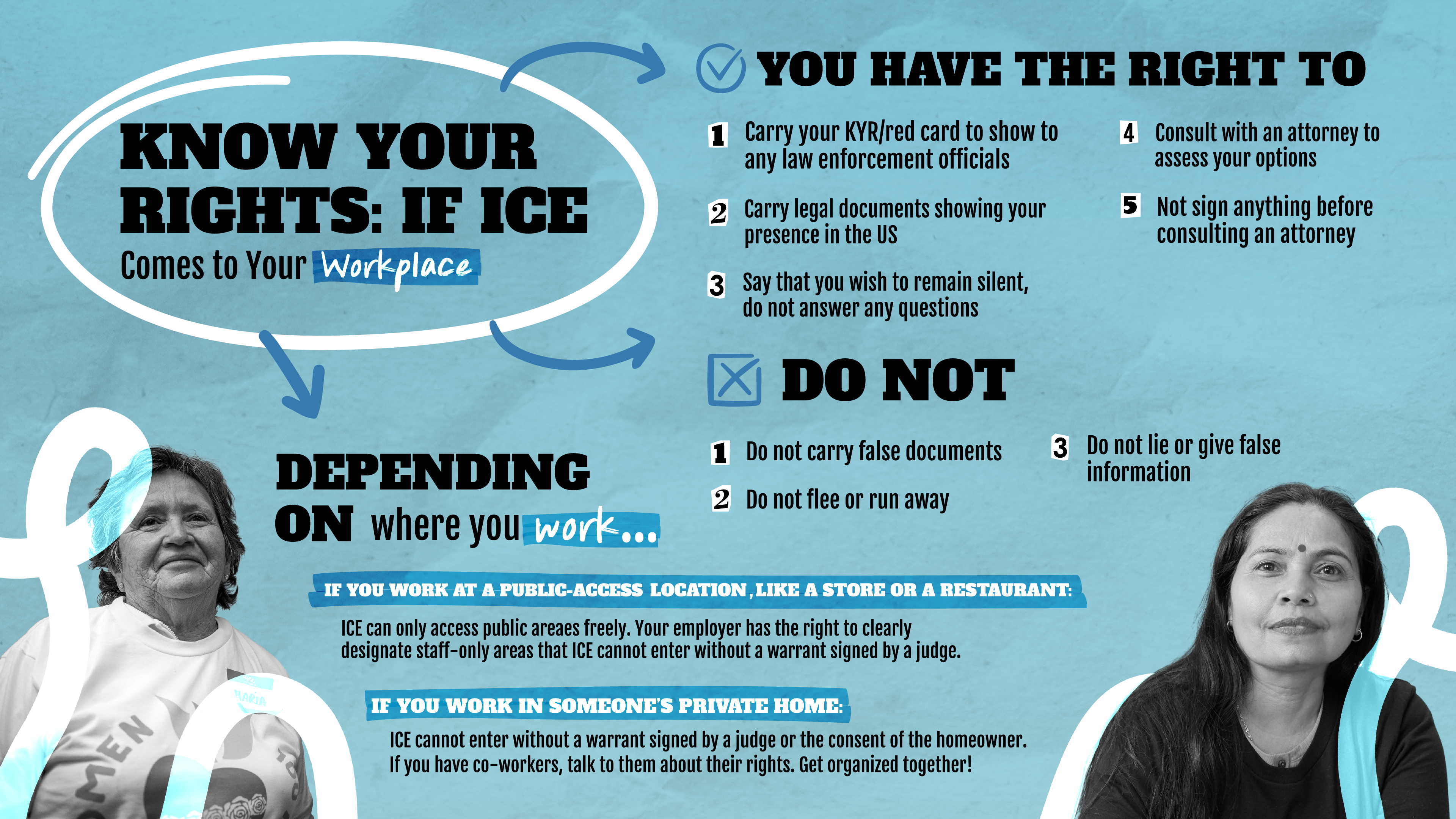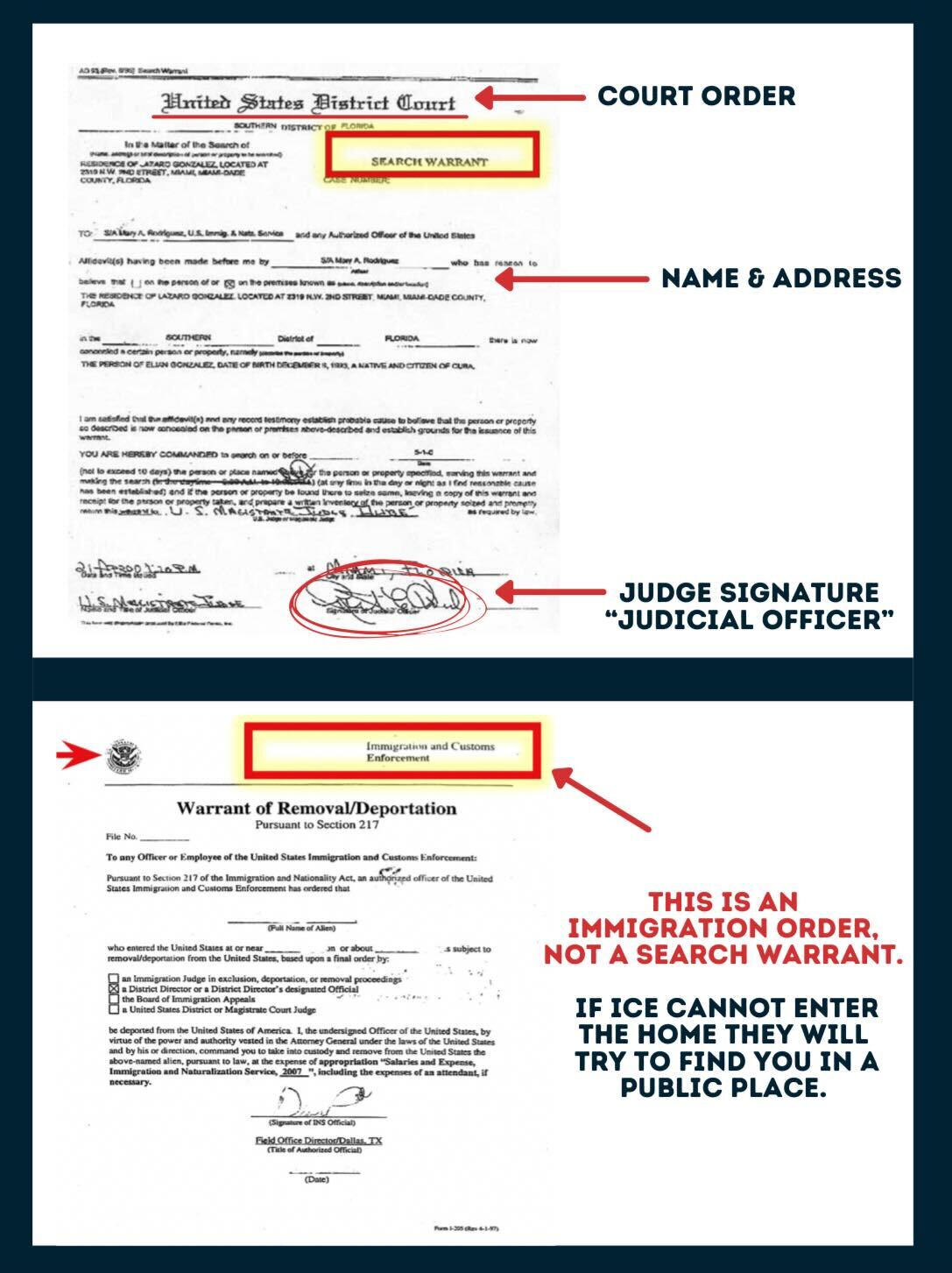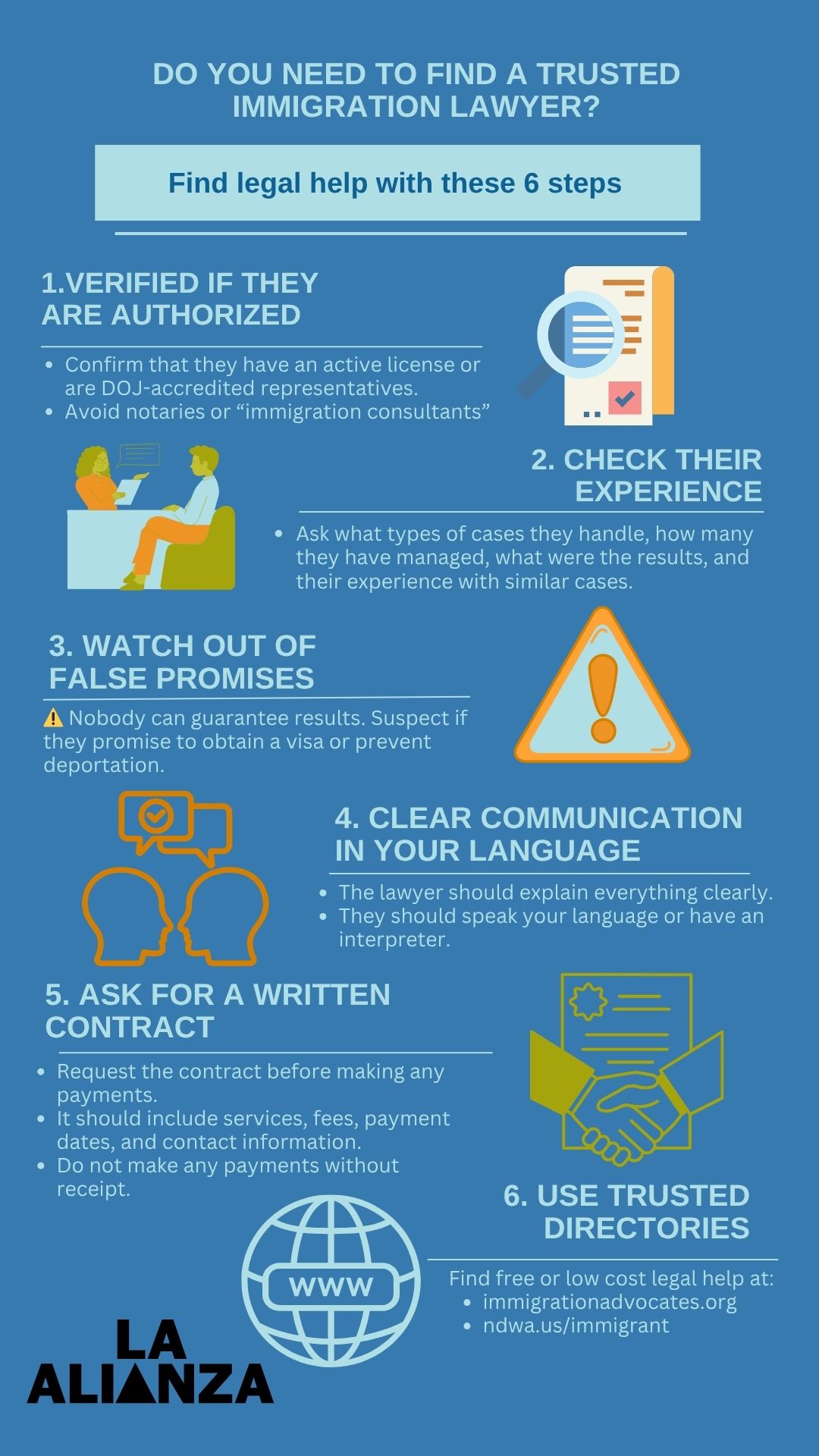How do I get legal help for my immigration case?
You can get legal help for your case from a nonprofit organization or a private immigration lawyer. Nonprofits have lawyers and/or specialized staff called BIA reps who can help with immigration cases.
BIA representatives are trained and accredited professionals who are not attorneys but have been approved by the Department of Justice to provide immigration legal services based on their education and experience in immigration law. BIA reps must work for a non-profit organization providing immigration legal services to low-income clients.
Help from a nonprofit is free or low-cost for low-income people. If you use a private lawyer, you will have to pay the lawyer’s fee. To find a nonprofit near you, go to the Legal Help page on this site.
If you want a private lawyer who knows about immigration law go to the American Immigration Lawyers Association’s website.
Only lawyers and BIA accredited representatives (BIA reps) are qualified to give immigration legal advice. Notarios and “immigration consultants” are not qualified to give legal advice. Notarios and bad lawyers can damage an immigration case and charge a lot of money for bad service or no service at all. Avoid fraud or bad legal service by finding out more about the person who will work on your case.
If a lawyer or BIA accredited representative (BIA rep) can take your case, s/he will ask you to sign an agreement that shows you will work together. Before you sign, ask for:
- A written estimate of the legal fees;
- A list of services s/he will provide for that fee;
- A list of things you need to do to help with your case; and
- An estimate of how long your case will take.
Keep a copy of the documents you give the lawyer or BIA rep; and get a copy of the applications or other documents they file for you. Tell your lawyer or BIA rep if you change your address or phone number.
Learn more about your immigrant rights.
Read about your labor rights as a domestic worker.
![Know Your Rights]()


